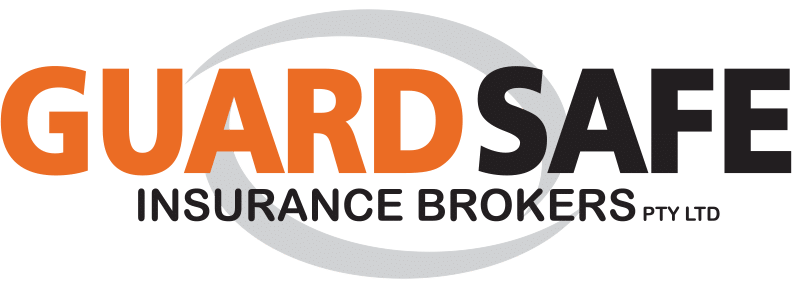
In the security industry, managing risks effectively is not just about ensuring the physical safety of assets and personnel—it’s also about handling liability. As businesses strive to create safe environments for their clients and employees, addressing potential liability risks becomes an integral part of a successful operation. Security industry business need to comprehend these risks and understand how to guard against unforeseen incidents that could have serious repercussions.
Security liability insurance safeguards businesses from financial losses due to claims of negligence, property damage, or injury within the scope of their professional activities. For those operating in security services, having the right insurance isn’t just a formality—it’s a smart business strategy. It helps maintain operational continuity while enhancing client trust.
Understanding Security Liability Insurance
Security liability insurance acts as a safety net, covering various situations that might lead to legal action. At its core, this insurance protects against claims due to professional practices deemed negligent or insufficient. It encompasses several key coverages:
– Public Liability: This coverage addresses claims from third parties who have suffered injury or property loss due to the security services provided. For instance, if a guard accidentally damages a client’s property while on duty, public liability insurance could cover the repair costs.
– Professional Indemnity: This covers legal costs and damages incurred in defending claims arising from an act, omission, or breach of professional duty. It’s crucial for scenarios where advice or service provided leads to client losses or dissatisfaction.
Security liability insurance is specifically aligned with the demands of the security industry. Your business might engage in diverse activities, from asset protection to event security, each with unique risks. With the right coverage, you can handle claims effectively and focus on providing top-notch services without worrying about potential financial setbacks.
Common Liability Risks in the Security Industry
Security businesses operate in environments filled with potential hazards that can lead to liability claims. Understanding these risks can help safeguard against unforeseen legal battles. Consider a scenario where a security guard causes accidental damage to a client’s premises while working. Such incidents can result in costly property claims.
Besides property damage, there’s a risk of personal injury claims. Security personnel work in situations that might unintentionally cause harm. Events, crowded areas, and even routine patrols can become problematic if an accident occurs. Professional negligence is another liability factor, arising when a client feels that the service received did not meet agreed standards, potentially leading to significant claims against the business.
Awareness of these risks enables security businesses to take measures to diminish their likelihood and manage them efficiently when they occur.
Benefits of Security Liability Insurance
Security liability insurance provides numerous advantages for business owners. The financial protection it offers is substantial, cushioning businesses against the significant costs associated with legal battles and claims settlements. Instead of worrying about unexpected expenses, owners can concentrate on quality service and client satisfaction.
- Financial Protection – claims and legal fees can quickly escalate, straining finances. Insurance mitigates these costs, maintaining smooth operations.
- Peace of Mind – -knowing that potential liabilities are covered frees business owners to focus on daily operations and less on potential legal concerns.
- Client Trust and Reputation – clients often prefer businesses that demonstrate transparency and responsibility in managing risks. The right insurance coverage builds confidence and enhances your professional image.
Insurance shields businesses from unexpected events that could derail primary objectives, helping maintain focus and promoting a reputable image among clients.
How to Choose the Right Security Liability Insurance
Selecting the right insurance coverage involves understanding specific needs and risks related to your operations. Here’s a guide to make informed decisions:
- Review Needs – assess offered services and typical settings where your business operates, like events or regular surveillance.
- Consult Experts – experienced brokers can provide insights into policies that best safeguard your business within budget constraints.
- Understand Coverage – it’s critical to read policy details carefully, ensuring clarity on included aspects and potential exclusions. This ensures comprehensive coverage that aligns with business needs.
A well-thought-out insurance choice keeps your business safe and allows you to manage unforeseen situations confidently.
Ensuring Your Security Business Stays Protected
Protecting a security business involves more than just having the right insurance. It’s about creating strong risk management strategies and regularly reassessing them to adapt over time. Businesses that maintain proactive checks and updates on their risk management systems stay resilient to industry challenges.
Regular policy reviews are crucial. As businesses grow and operations diversify, staying aligned with the right insurance coverage helps effectively adapt to new risks.
Ultimately, security insurance not only protects but empowers businesses to operate securely, preparing them for any situation.
Protect your operations from unexpected legal and financial setbacks by choosing tailored security liability insurance that fits your business needs. Connect with us for personalised support and coverage that keeps your security services running smoothly and worry-free.





